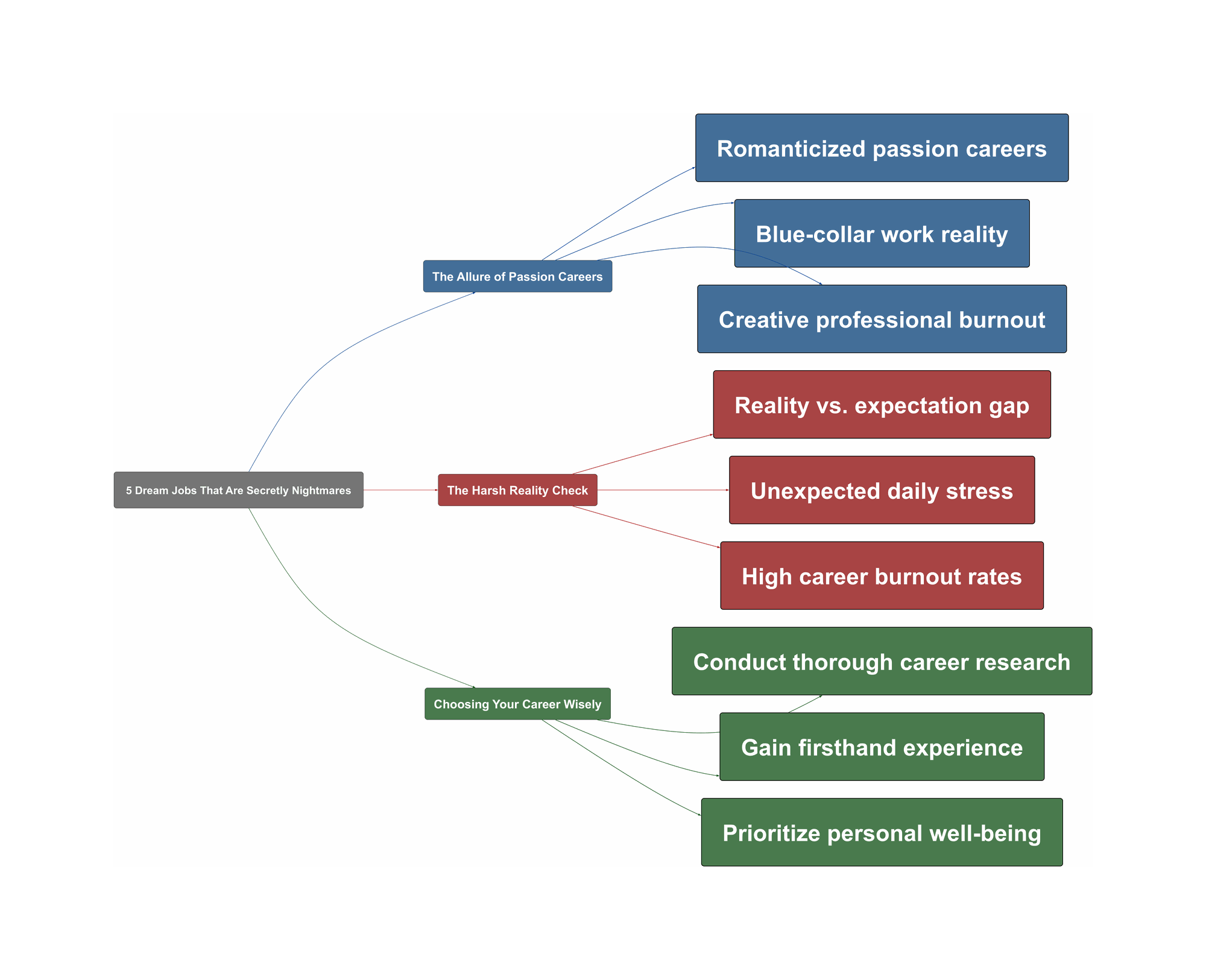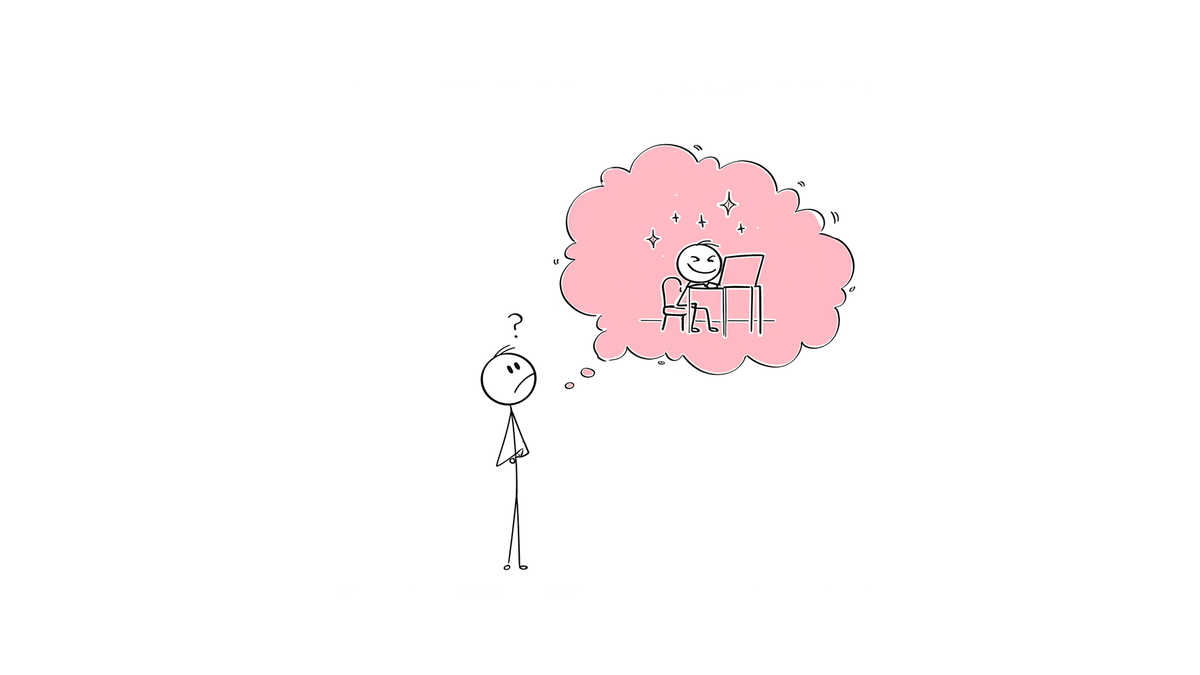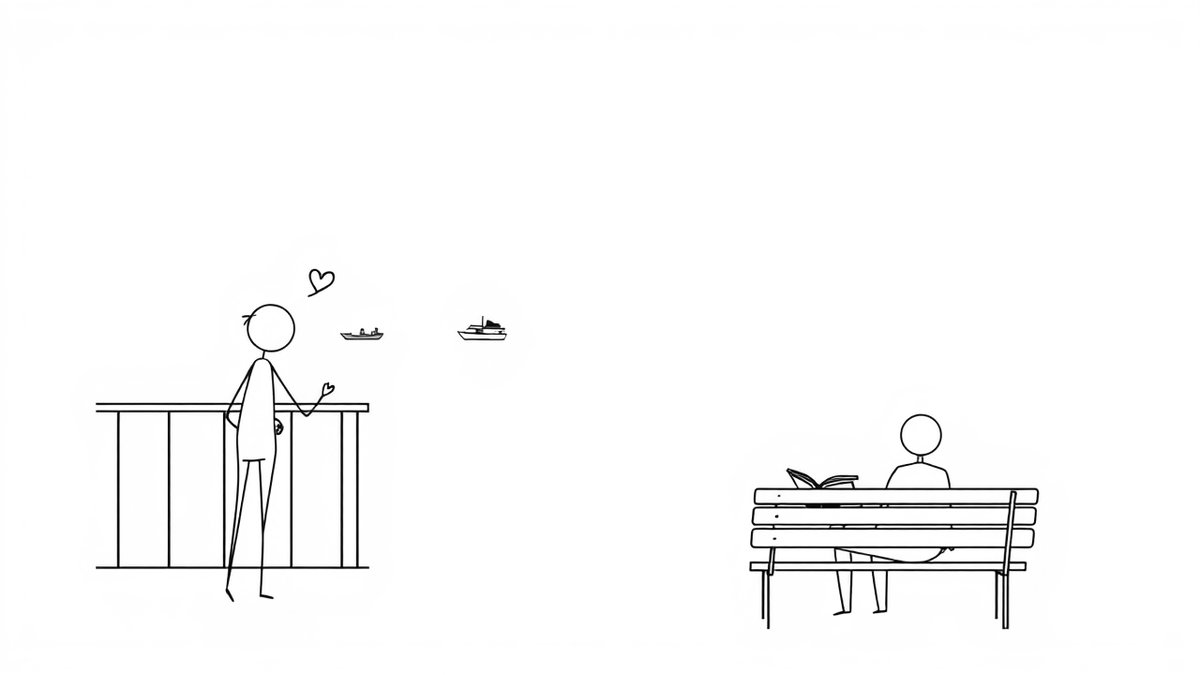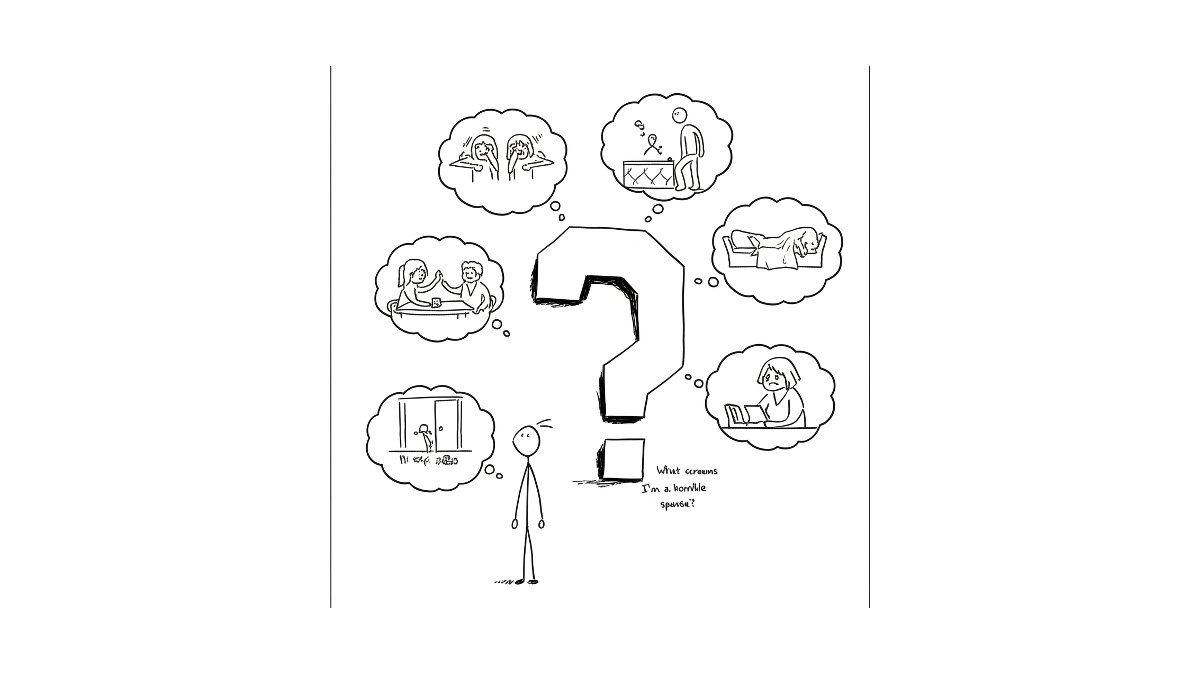Are you dreaming of a career change? Perhaps you imagine yourself as a chef, a doctor, or a successful game developer. Many people fantasize about turning their passion into a profession. However, the reality of these ‘dream jobs’ is often far from the glamorous image we see online.
The Allure of Passion Careers
Firstly, social media often presents a highly curated version of certain jobs. We see the beautiful final products, not the grueling process behind them. This creates a powerful allure for careers in fields like veterinary medicine, design, or skilled trades. People desire work that feels meaningful and exciting. As a result, many are drawn to these romanticized professions without understanding the day-to-day reality.
“Anything veterinary related! Getting to play with and cuddle puppies and kittens constitutes maybe 3% of what we spend our days doing.”
Furthermore, this trend extends beyond creative or caring roles. Even physically demanding jobs are often idealized for their high pay. Many newcomers, however, quickly discover the intense physical and mental toll. They find the work is much harder than they ever anticipated.
“I’ve noticed a huge trend of individuals romanticizing ‘blue collar’ work… I see people come in to my mill and leave after lunch break after they talk about all the money they’re going to make until they do the actual work.”
The Harsh Reality Check
Consequently, the gap between expectation and reality can lead to severe burnout. Professionals in these fields face unique and draining challenges. For instance, doctors often confront overwhelming bureaucracy and constant pressure. Their ability to help people is frequently limited by systemic issues, leading to deep disillusionment.
“Being a doctor. You realize how limited your capacity is to change lives. You see an insane amount of bureaucracy… You get shit on from all angles. 0/10 would not recommend.”
Similarly, creative professionals like graphic designers face their own set of problems. They must deal with endless subjective feedback and exhausting review processes. The passion that drove them into the career can be eroded by the constant need to defend their choices to clients who may not understand design principles.
“Somehow everyone is a better designer than you and everyone has opinions, many of which just aren’t valid in design terms… Review processes are just exhausting.”
Choosing Your Career Wisely
Therefore, how can you avoid this dream job trap? The key is to look beyond the fantasy and do thorough research. Before committing to a new path, it is essential to understand every aspect of the job, including the challenges.
- First, talk to people who actually work in the field. Ask them about the worst parts of their job, not just the best.
“Running your own café. It’s pretty romanticised but it’s a big hustle with all the suppliers, standards etc.”
- Next, try to gain firsthand experience through volunteering, an internship, or job shadowing. This gives you a real taste of the daily grind.
- Finally, understand that it is okay to change your mind. Recognizing that a career is not the right fit for you is a sign of strength, not failure. Protecting your well-being is the most important thing.
“I see a lot of people not last. Honestly for the best for some.”




